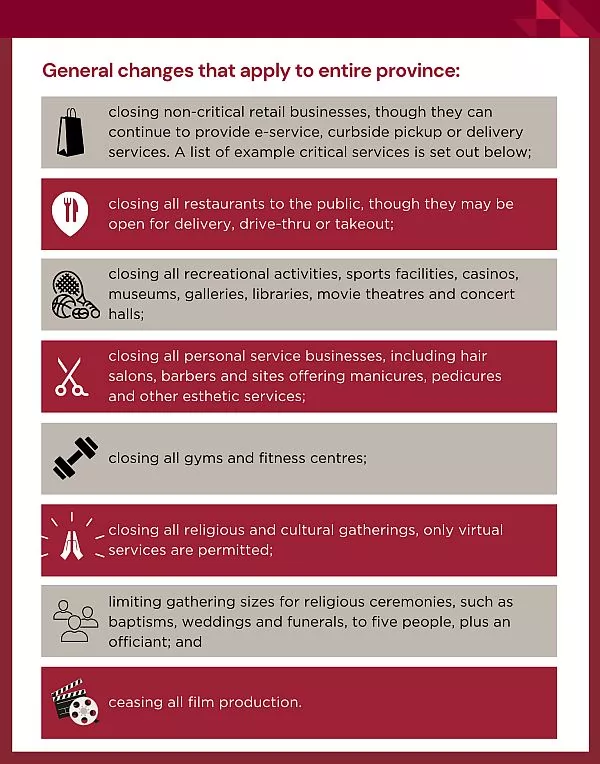Farmers could face longer term issues of compliance and liability in the wake of this week's storm in Canterbury, according to environmental law specialist Ewan Chapman, of Duncan Cotterill.
The potentially longer term issues with irrigator pivots being out of action for some months, pending repair, will not only affect production but has implications for how farmers dispose of their wastewater.
"Farmers need to have strategies in place to deal with both the financial consequences of lost production and compliance consequences of unusable effluent spreading equipment. Particularly the latter will be critical, given that suppliers have signalled that some irrigation systems may take months to repair."
Chapman said farmers would need to work closely with insurers, the Regional Council and technical advisers to find pragmatic and effective interim and long-term solutions.
"The insurers will be involved through the cover most farmers should hold for damage to essential equipment such as irrigators, loss of production income and statutory liability for non-compliance with environmental requirements. The Regional Council will need to be satisfied that any interim effluent disposal methods are appropriate, while technical advisers have the ability to identify the best way to deal with effluent while awaiting repairs.
"The key will be to ensure all parties work together so that repairs are prioritised and the most critical equipment for production and environmental requirements is repaired first. Farmers will have to take initiative, as not only do the insurers require policy holders to take all reasonable steps to minimise economic loss, but the regional council will expect all reasonable steps to avoid environmental harm."
Chapman said that, in terms of loss minimisation, a good rule of thumb is for farmers to ask what they would do to minimise the loss if they were paying for it themselves and then do that (provided it is reasonable).
To keep on the right side of the law in terms of the Regional Council's environmental requirements, farmers should keep a good paper trail to show that:
- The effluent discharge is necessary to avoid damage or injury;
- It could not have been foreseen or provided against;
- The method you have chosen was reasonable in the circumstances; and
- All practicable steps were taken to fix or lessen environmental harm as soon as possible.
"Being able to show that all reasonable steps have been taken to minimise both the financial and environmental harm will be crucial when filling out insurance claim forms or dealing with Council monitoring officers."
Chapman urged farmers to review their risk management strategy to ensure they have the right cover and contingency measures.
The content of this article is intended to provide a general guide to the subject matter. Specialist advice should be sought about your specific circumstances.

